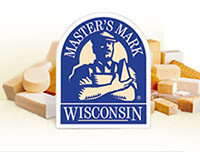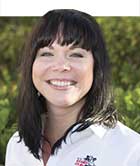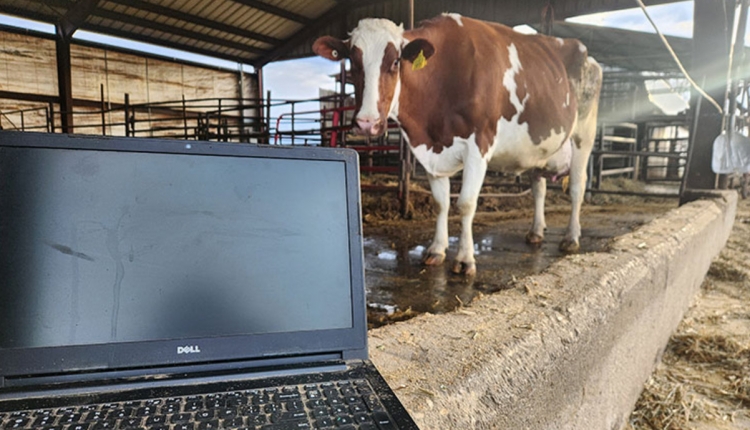 Wisconsin is known for its cheese. In fact, a good friend of mine just told me last week "a Wisconsin-style pub just opened" near her apartment in New York City. It's serving "Sheboygan bratwurst, fried cheese curds and Milwaukee's Best beer." Those three items do reflect fairly accurately what my home state is known for. However, what many don't realize is Wisconsin's commitment to excellence of our delicious, high-quality cheeses.
Wisconsin is known for its cheese. In fact, a good friend of mine just told me last week "a Wisconsin-style pub just opened" near her apartment in New York City. It's serving "Sheboygan bratwurst, fried cheese curds and Milwaukee's Best beer." Those three items do reflect fairly accurately what my home state is known for. However, what many don't realize is Wisconsin's commitment to excellence of our delicious, high-quality cheeses. The Wisconsin Master Cheesemaker program is the only program of its kind in the United States. The program centers itself around providing additional education for already experienced Wisconsin cheesemakers. From acceptance to graduation, it includes more than eight required courses covering everything from safety to specialty cheese. And the program is already full through 2016, as only 10 Masters can graduate each year. Before being accepted, a cheesemaker must be active and licensed in Wisconsin for a minimum of 10 consecutive years, and they must have completed two cheese short courses from the required course list.
The Dairy Pipeline newsletter dedicated a special edition to celebrating the 20th anniversary of the Wisconsin Master Cheesemaker program. The program was established in 1994 when Jim Path acted upon his passion for continuing dairy education. It all became a reality through a joint sponsorship of the Wisconsin Center for Dairy Research, UW-Extension and the Wisconsin Milk Marketing Board. Path said in the newsletter, "I truly believed that specialty cheese would be the salvation for smaller cheese plants."
The Wisconsin Master Cheesemaker program continues to advance the industry while continuing a tradition of excellence, with more than 58 Masters graduated from more than 33 companies. Educators are pleased to see a second generation begin the certification process, carrying on their family's and the state's tradition of excellence in cheesemaking.
For more information, visit the Wisconsin Milk Marketing Board or to apply for the program, visit the Center for Dairy Research.

The author , Ali Enerson, was the special publications editor, responsible for books, plans, distribution of the e-newsletter and various internal communication pieces. She grew up on a 60-cow dairy in northwest Wisconsin, and is a graduate of University of Wisconsin–Madison with a degree in life sciences communications.









